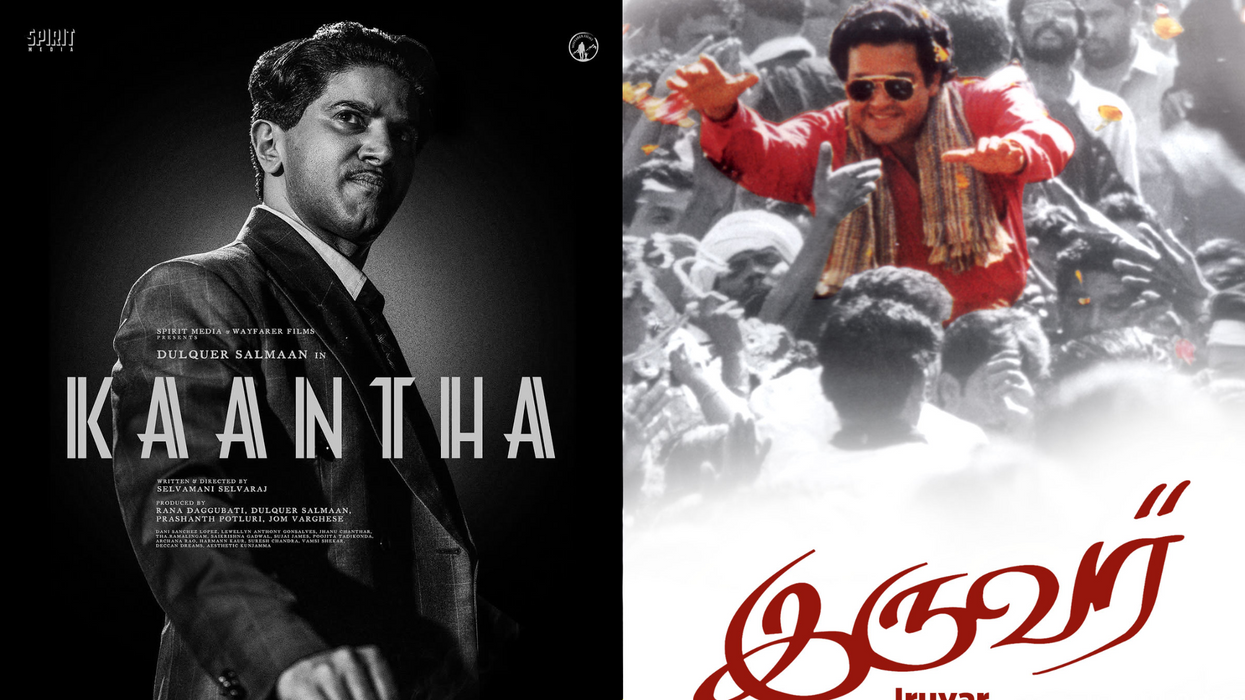People face a multitude of hair problems, such as thinning, graying, and hair loss, that persist even after trying various solutions.
Maintaining a balanced diet is crucial for overall health, including the health of your hair and skin. However, incorporating specific foods or nutrients can help address specific hair issues.
One such herb that has been shown to effectively tackle numerous hair problems is bhringraj. Dr Anjali Mukerjee, a nutritionist, reportedly calls bhringraj “nature’s elixir for most hair problems.”
Taking to her Instagram account, Dr Anjali lists the benefits of this herb. She states that bhringraj is known to “effectively increase blood circulation in the scalp and hair follicles, which in turn enrich the roots by bringing in more nutrients through the blood supply.”
According to Ayurveda, Bhringraj is highly regarded for its ability to address various hair problems. It is believed to have strong anti-microbial and anti-bacterial properties, along with active ingredients that make it effective in reducing hair fall, promoting hair growth, and preventing hair from turning gray.
Additionally, bhringraj is also known to improve hair health and prevent various scalp issues, making it an all-around solution for hair-related concerns.
How to use bhringraj
According to Ayurvedic principles, bhringraj leaves are considered a powerful liver cleanser and are particularly beneficial for the hair. It is recognised as a "rasayana," an ingredient that revitalises and slows the aging process.
Bhringraj oil which is often blended with other herbs, can also reportedly be made at home. An earlier report in the NDTV Food site informs – sun-dry ground bhringraj leaves for two to three days and then soak the dried leaves in coconut oil or sesame oil for another two to three days until the oil turns light green.
Another option is to heat powdered bhringraj leaves with coconut oil. This results in a quicker preparation and results in dark green oil with a distinct, strong aroma.
The best way to use the oil is to apply it directly to the scalp, allowing it to be absorbed for about 30 minutes before washing it off.
Healthline informs for promoting scalp health and stimulating hair growth, massage bhringraj oil into the scalp using your fingertips and leave it in for one hour.
Afterwards, rinse your hair with a shower and if needed, shampoo twice to remove any excess oil.
Another way to use bhringraj
Another way to use bhringraj according to an earlier report in Healthline, is by making a hair mask. Mix bhringraj powder with water, oil, or yogurt, and apply the mixture to dry hair for about 30 minutes before rinsing it out.
If you're looking to treat gray hair or temporarily darken its colour, try this recipe:
- Combine 1 teaspoon of bhringraj and 2 tablespoons of coconut oil over low heat.
- Massage the mixture into your hair and scalp. Leave it in for 1 hour before washing it out. Repeat this process 2 to 3 times a week.
The bhringraj plant, also known as "false daisy," can reportedly be transformed into an oil by combining its botanical extracts with a carrier oil.
And though further human studies are required, bhringraj oil is believed to have potential in preventing hair loss, dandruff, and graying.
It may also have benefits in reversing liver damage, fighting memory loss, headaches, as well as promoting relaxation.
Cautions to take before using the herb
However, an ayurvedic practitioner, Dr Dixa Bhavsar Savaliya, cautions that bhringraj, also known as keshraj, should only be used under the guidance of an expert, The Indian Express explains.
“Yes, according to Ayurveda, bhringraj is considered best for hair issues like hair fall. But to consume it without doctor’s advice isn’t suggested,” said Dr Dixa, stressing that a patch test should always be performed before applying the oil topically.
However, if you plan to consume bhringraj, ayurvedic practitioners reportedly advise taking no more than one teaspoon mixed with ghee or clarified butter.
Bhringraj can be found in a variety of forms including oil, powder, capsule, and tablets, and is easily available. However, if you prefer to make bhringraj oil at home, you'll need either bhringraj leaves or powder, said Dr Anjali who shares two methods for making bhringraj oil at home.
To prepare bhringraj oil using leaves:
• Finely chop the leaves and place them in a kadhai (deep utensil) with a cup of coconut oil.
• Cook the mixture over a very low flame for about five minutes.
• After five minutes of cooking, turn off the heat and allow the oil to cool. Once cooled, transfer it to a bottle.
• After a few days, strain the bhringraj oil as the leaves will have released their nutrients into the oil by this time.
“You can apply this oil on the scalp and leave it overnight twice a week. Try it for about four months. It is said that it works wonders on your hair,” Dr Anjali said.
To prepare bhringraj oil using powder:
• Mix one teaspoon of bhringraj powder with 3-4 tablespoons of coconut oil.
• The oil is now ready to be applied to the scalp.
“After applying, keep it overnight and use it for four to six months and it should help you with hair issues,” Dr Anjali informs.
You can also reportedly make your hair shine by using this herb.
Speaking about how you can do this, Swati Kapoor, Co-founder of Soul Tree reportedly said, “Mix bhringraj oil with coconut oil, amla and shikakai to prepare a nourishing hair conditioner. This DIY conditioner can be stored in a container and used over a period of time. This treatment nurtures the scalp and makes the hair stronger.”



















